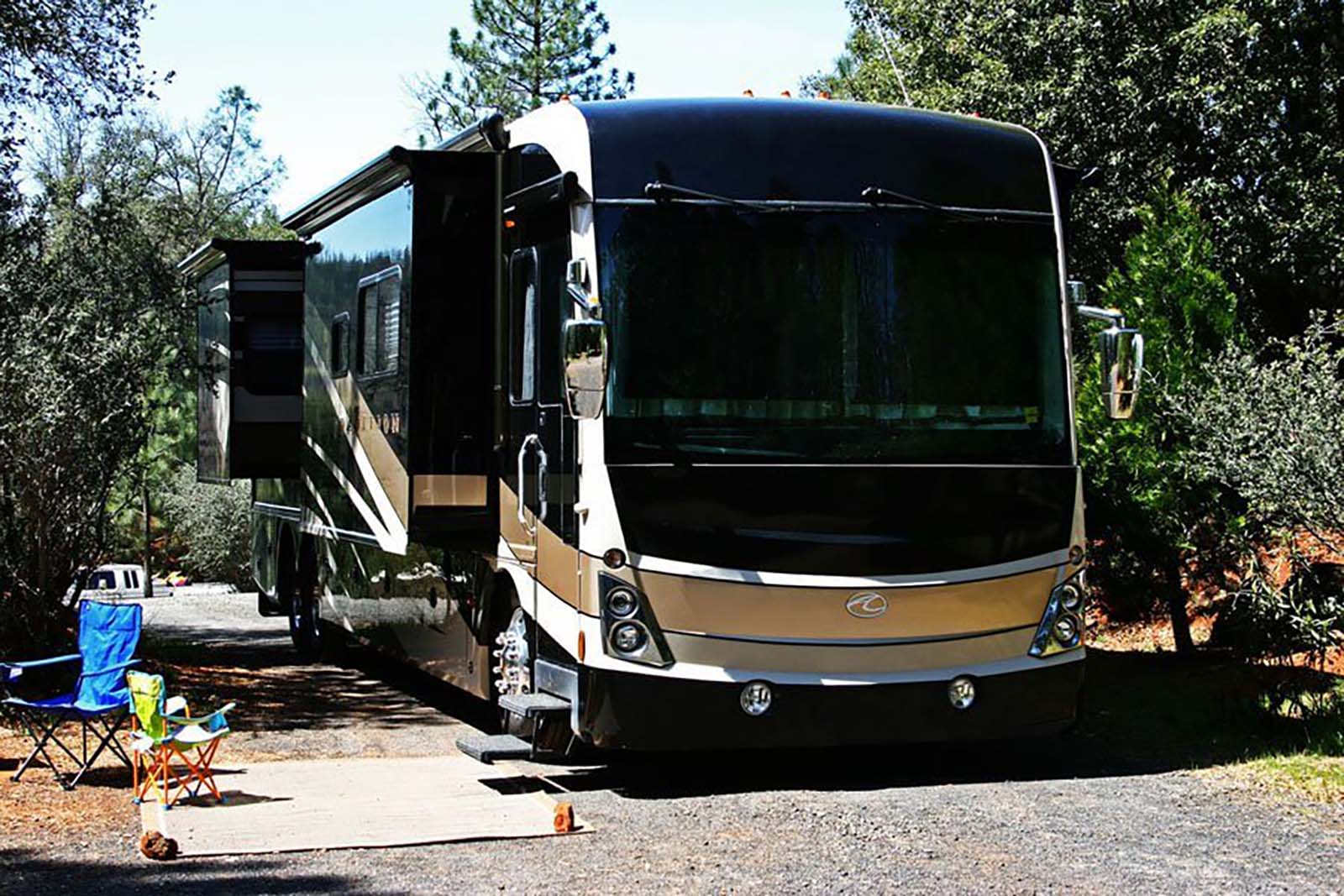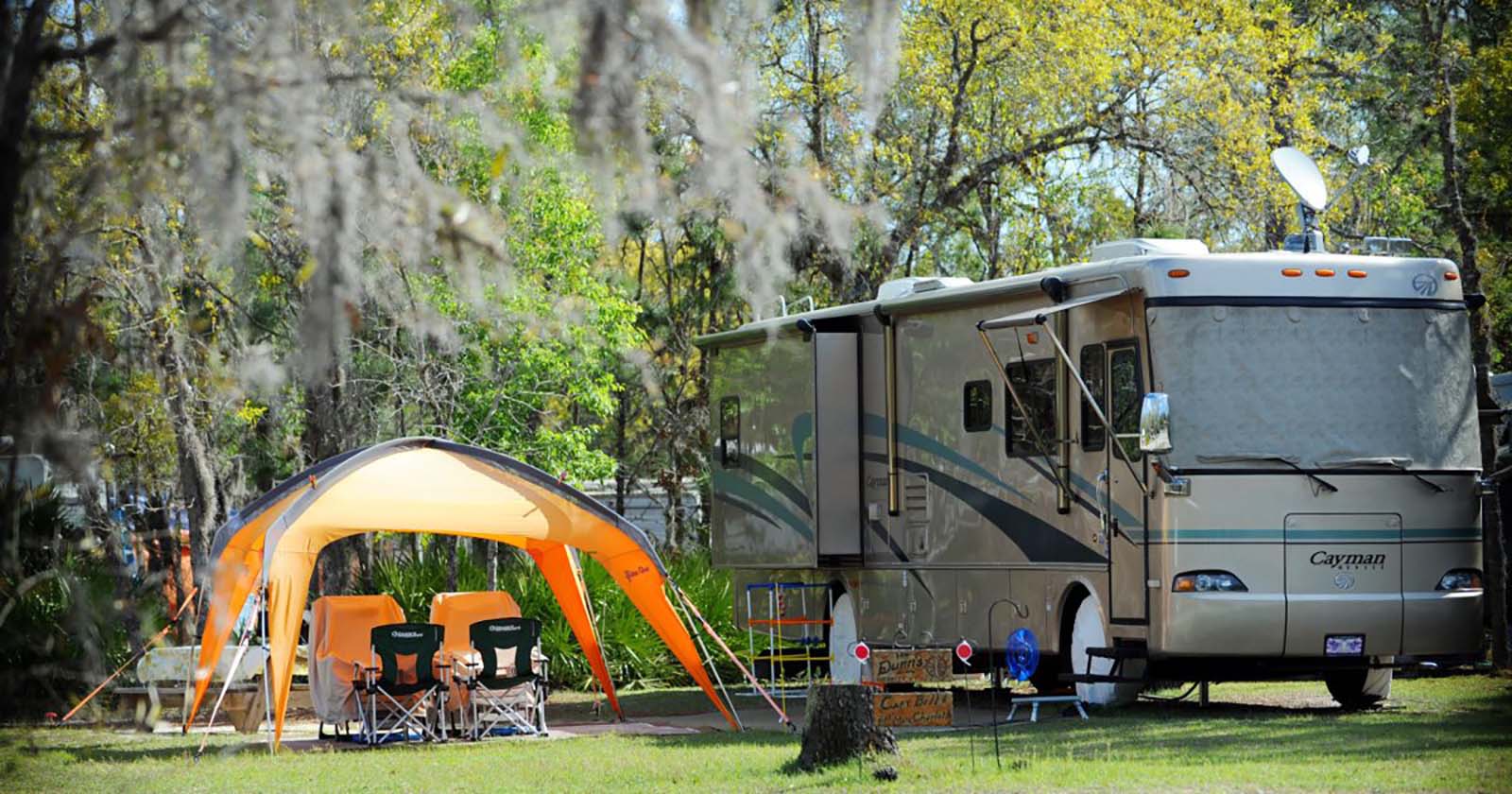Title: Determining the Right Gauge Wire for Your 12V RV Battery System

Introduction: Creating a reliable electrical system for your 12V RV battery is crucial to ensure everything runs smoothly during your travels. One essential consideration is selecting the correct gauge wire. In this article, we will explore the importance of using the appropriate wire gauge and guide you in making an informed decision. Let’s dive in!
H2: Why Wire Gauge Matters for Your 12V RV Battery System
H2: Understanding Wire Gauge and Ampacity

H2: Factors to Consider When Selecting Wire Gauge for Your RV Battery
H2: Recommended Wire Gauge for Different Circuit Sizes
H2: Conclusion

H3: 1. The relationship between wire gauge and amperage
H3: 2. Length of wire and voltage drop
H3: 3. Environment and insulation
H3: 4. Safety considerations
H3: 5. Overcurrent protection and National Electric Code (NEC) requirements
H3: 6. Choosing the right gauge for high current draw appliances
H3: 7. Selecting the appropriate wire gauge for lighting circuits
H3: 8. Determining wire gauge for low current accessories
H3: 9. Optimal wire gauge for power inverter installations
H3: 10. Seeking professional assistance when uncertain
Conclusion: Selecting the right wire gauge is essential for ensuring your 12V RV battery system operates efficiently and safely. Factors like amperage, length of wire, environmental conditions, and circuit types should be carefully considered. By following the recommended wire gauge guidelines, you can rest assured that your RV’s electrical system will function optimally throughout your adventures. If you are unsure about choosing the correct wire gauge, it is always best to consult a professional. Safe travels!

